Zainal A. Bagir, Michael S. Northcott, Frans Wijsen (eds.) | LIT | 2021 | 226 pages
FOREWORD
The relation of mankind with nature and its position in the universe has been an important topic for philosophers and various other scientists since man started to ask questions. Although our understanding of the geo-physical, ecological and chemical processes has improved enormously over the past centuries and continues to grow, many basic life questions remain unanswered.
In the ancient history of the human race, spiritualism and religion evolved, driven by the need to explain the role and interaction of mankind with nature and the universe. These beliefs became increasingly important as they formed the basis for norms, values, and social behavior. In fact, spiritualism and religion are the cornerstones of our social cohesion and cultural identity. Apart from these generic features there are of course also many differences between the various beliefs. One could state that roughly each (sub)culture or (sub)-population has its own spirituality or religion with its own set of dogmas and assumptions.
Within the context of sustainability there is nothing wrong with that, because there is no religion or spirituality that in its core aims at the destruction of nature of which man is part of. Actually, the diversity of beliefs should be celebrated because we need all of them to regain the balance with nature.
It goes wrong when a few of us use the social power of spirituality and/or religion for its own gain. Unfortunately, the history of mankind is interlaced with this kind of incidents where wars, or “friendly” takeover of someone else’s resources (colonialism) are justified “in the name of God”. This underlines once more the importance of a better and wider understanding of how spiritualism and religion came to live, what they entail, and how they can help to restore the balance between mankind and nature.
Within this context, the book Varieties of religion and ecology, Dispatches from Indonesia is an important source of information. It helps us realize a better intercultural understanding and mutual respect between The Netherlands and Indonesia. Additionally, it provides guidelines on how to join forces in a concerted action to save our planet and with that the future of the human race.
Toine Smits,
Professor of Sustainable Water Management,
Radboud University, Nijmegen
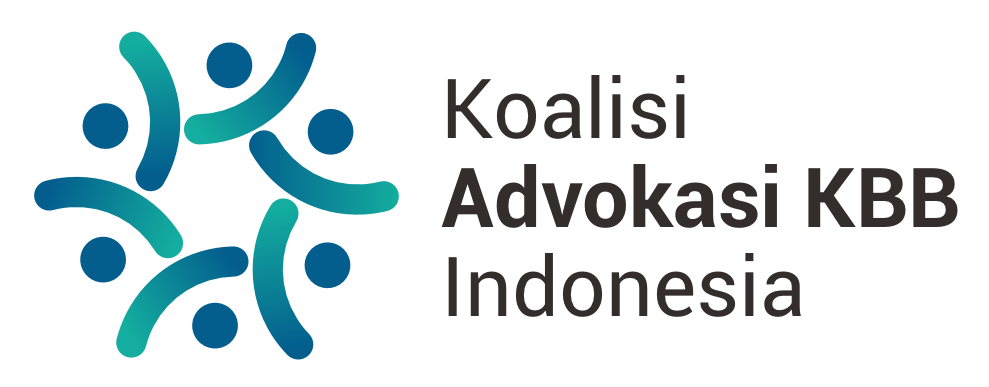
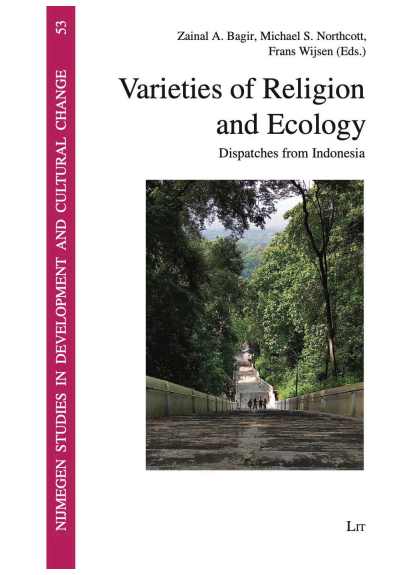

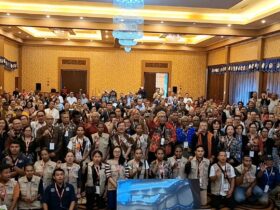



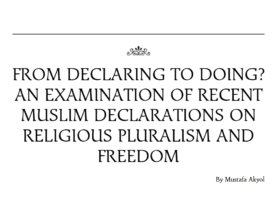

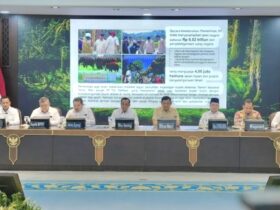
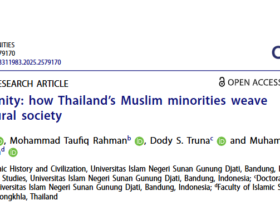
Leave a Reply